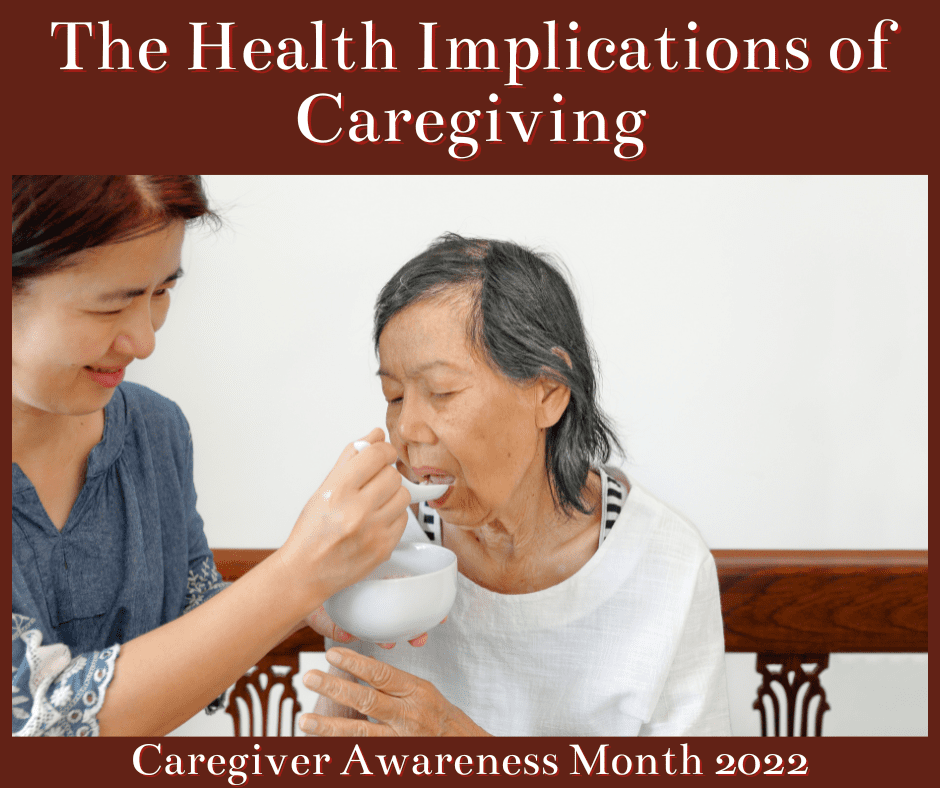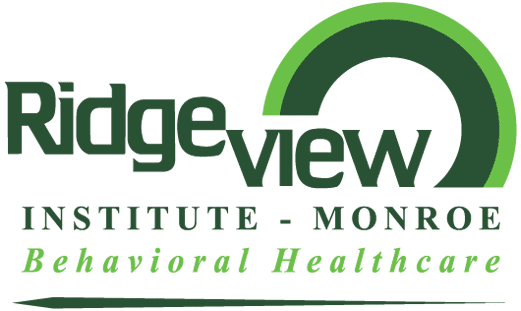
By: Shelly-Anne Johnson, LCSW
Family caregivers are the backbone of this country’s long term care system. Taking on the essential role of caring for family members with disabilities, loved ones who are ill, and wounded service members is a reality for many Americans. About 1 in 3 adults in the United States provides care to other adults as informal caregivers. Some find themselves sandwiched between raising their child and caring for their parents as they start to age and health issues begin to manifest. This tremendous burden is often overlooked or dismissed as obligatory. Although family members often do not self-identify as “caregiver, the fact remains that providing this type of care has negative physical and psychological effects on them. The mere acknowledgement of the role can lead caregivers one step closer to getting the support they often need.
Assuming this role in the family comes with many sacrifices, for some that means neglecting self-care, friends and careers, etc. Clinical observations and research asserts that the role of caregiver can be burdensome and stressful which tends to worsen over time. The fact that many caregivers are not trained professionals lends itself to an unpredictable and often uncontrollable environment. Prolonged exposure to these circumstances can create secondary stress in multiple areas of the caregiver’s life including work, love and family relationship. Caregivers have to be on constant alert; this constant state of fight or flight has negative mental health implications as well.
While caregiving inherently has many rewards, it can be accompanied by feelings of guilt, resentment, sadness, anger and grief. Some may grieve the life they had before the onset of caregiving, some might be resentful-especially when caring for a parent who did not care for them as a child, some might carry guilt and sadness for not being there for their loved one or for not helping prior to the onset of their need for care. These feelings can compound the stress they are already experiencing just by the nature of caregiving. While many caregivers want to be there for their loved ones, this does not change the stress that the role entails. In light of this, it is useful for caregivers to be aware of some of the risk factors for caregiver stress. These can include:
- Being female
- Having fewer years of formal education
- Living with the person you are caring for
- Social isolation
- Having depression
- Financial difficulties
- Higher number of hours spent caregiving
- Lack of coping skills and difficulty solving problems
- Lack of choice in being a caregiver
Evidence from research shows that the stress from caregiving negatively impacts the caregiver’s mental health. Caregivers struggle with higher rates of:
- Stress – which can result in an increase in cortisol secretion or changes in immune function, within individual caregivers over time.
- Anxiety – living with chronic anxiety can cause physical stress on your body, especially to your nervous, cardiovascular, digestive, immune, and respiratory systems.
- Depression – which can lead to changes in health habits or physiology.
Women, people of color and immigrants tend to suffer at a disproportionate rate from the above mentioned mental health concerns. While the physical effects are often less intensive than the psychological effects, they are still significantly higher when compared to the rest of the population.
- In 2005, three-fifths of caregivers reported fair or poor health status, one or more chronic conditions, or a disability, compared with one-third of noncaregivers.
- Caregivers also reported chronic conditions (including heart attack/heart disease, cancer, diabetes and arthritis) at nearly twice the rate of noncaregivers (45% vs. 24%).
- Caregivers have diminished immune response, which leads to frequent infection and increased risk of cancers.
- Caregivers have a 23% higher level of stress hormones and a 15% lower level of antibody responses.
- Caregivers have an increased rate of heart disease.
- Elderly spousal caregivers (aged 66-96) who experience caregiving-related stress have a 63% higher mortality rate than noncaregivers of the same age.
Growing awareness giving spotlight to caregiver stress should surely usher in an era of improved treatment and resources to support caregivers. As the population ages and more family members are forced to take on the role of caregiver, knowing the signs of caregiver burnout, learning strategies for dealing with caregiver stress and knowing where to go for help will become imperative.
Signs of caregiver burnout can look like:
- Lack of energy/overwhelming fatigue
- A feeling of hopelessness
- Anxiety about the future
- Lowered resistance to illness
- Depression or mood swings
- Becoming unusually impatient, irritable or argumentative with the person you’re caring for and/or with others.
Strategies to help cope with caregiver burnout and stress include:
- Asking for and accepting help: If an opportunity comes along for a brief getaway for you, consider hospice respite care for your loved one. Check in with other family members for help.
- Setting realistic goals: Make a list of your daily activities and tasks. See if you can delegate any of them.
- Seeking support: Get connected/Join a support group
- Practicing self-care: Make sure to make it to your own doctor’s appointments. Exercise (meditate, pray, stretch), eat well and get enough sleep. Sit with your coffee or tea and enjoy it. Journal about your struggles and feelings.
Resources for caregivers:
- Local churches
- NAMI support groups
- Visit www.hhs.gov for specialized supports for caregivers
Help is out there. Don’t be afraid to seek help if you need it. Ridgeview is a community resource that can help support you and your loved ones; especially those struggling with the mental health strains that can result from caregiving. Contact us today to see how we can help.
Hyperlinks:
www.mayoclinic.org
www.caregiver.org
